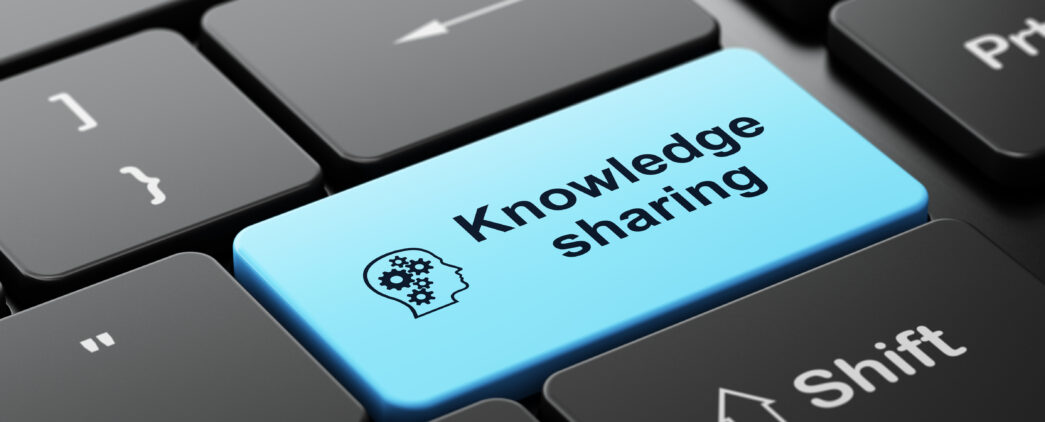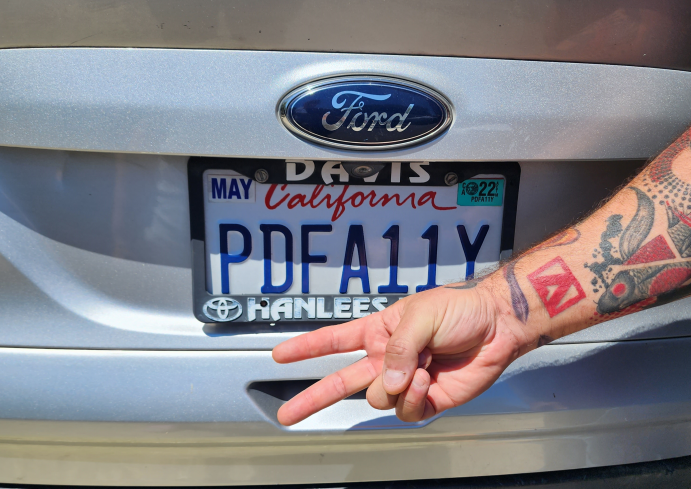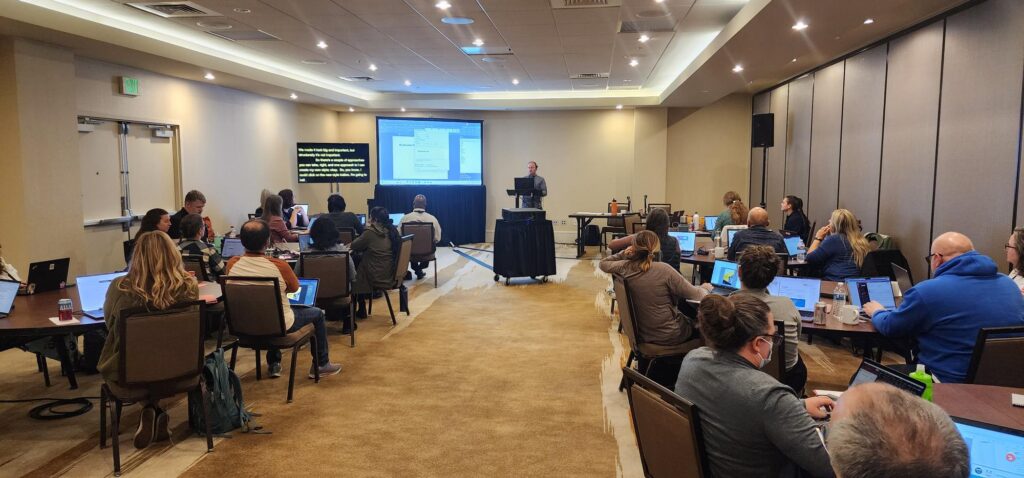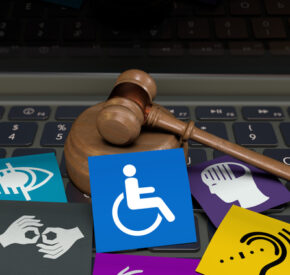Chax Chat: Our Favorite Accessibility Podcasts
Our team’s must-listen accessibility podcasts from Chax Chat

At Tamman, part of our culture is incorporating knowledge from all sides, be it accessibility knowledge or not. That is why we have come to enjoy the Chax Chat podcasts. For those not in the know, Chad Chelius is an Adobe Certified Instructor and both he and his partner Dax Castro are certified Accessibility Document Specialists (known as ADS). In addition, they took their document accessibility expertise to the next level when they founded the Chax Chat podcast in early 2021. We appreciate their experience as accessibility colleagues who share our goal of building the inclusive web.
Our in-house digital document accessibility specialists shared their personal favorite Chax Chat podcasts. Our team has come back to these episodes repeatedly. They emphasize technical knowledge, keep up with news, and stay committed to the fundamentals.
1. Accessibility Tools in PDF Preflight Fixups and Made to Tag plugin for InDesign
One of their first five episodes, this is a great place to start for those wanting to know more about the Adobe suite. This includes helpful uses for Adobe InDesign, like making accessible tables and areas to avoid. In addition, there is a discussion on the plugin Made To Tag.
On the Adobe Acrobat side, this podcast covers the benefits of the preflight tool. It is essential for creating accessible bullets, note IDs, artifacting non-structural elements, and accessibly merging adjacent heading tags. If you need a digital document accessibility toolbox, this is an excellent place to start.

2. Alternate Text and the Little Book of Accessibility
This episode focuses on “alternative text,” commonly known as “alt text.” If you want to learn more check out our podcast about the practical business benefits of using alt text in your digital assets.
This episode covers some tricky document alt text topics, including how to approach figures with captions, who should write alt text, and best practices for those writers. As a bonus, the episode brings up this lovely book of accessibility sayings by the former head of accessibility at BBC.
3. Guest Paul Rayius, common remediation struggles, testing with a screen reader
This episode is a quality guest interview and is one of our favorites. This episode is full of wisdom from an accessibility veteran in corporate America. We enjoy Rayius’ mix of explaining technical knowledge while putting the “fun” in “functionality” for source files. Rayius explains the importance of knowing there is more than one type of screen reader for creating documents. Like any aspect of work, the products and services must be flexible to work for everyone. Rayius then dives into how hiring and getting screen reader developers in meetings is crucial to ensuring accessibility makes its way into the final product. Otherwise, teams may encounter a key product function that excludes their users.
4. Document Accessibility in Higher Education
A good mix of beginner and more expert knowledge. Digital assets in higher education are used by hundreds of people. These digital assets need to work for many different types of disabilities with different levels of needs.
Professors and teachers are already responsible for creating their own curriculum, which may have been finalized years ago. Making it accessible requires extra investment and time. This applies to analog curriculums and even more so to digital curriculums. Previously, classes on software products were quite common. With the widespread use of technology, many assume modern professionals have software. The less common yet necessary tools for accessibility aren’t always clear-cut or regularly taught.
We’ve had a similar experience to what Chad and Dax describe in the episode. Companies aren’t always fluent in the accessibility features of key software. This can include Microsoft Word shortcuts, how PDFs and HTML contrast, and why HTML isn’t the easy, end-all, be-all for accessibility. Both Tamman and Chax Chat believe in knowledge sharing. In that effort, we want to highlight this HTML-responsive table generator tool from the University of Nebraska.

5. Is “Just email us for an accessible version.” Pass or Fail?
This final podcast recommendation is chock full of different information. This episode discusses the legal requirements, technical know-how, and experience with users requesting an accessible version of digital documents. This episode’s friendly debate brings out some essential accessibility values and business requirements. As a sheer bonus, this episode also contains some alpaca shearing tips (we have found this to be a valuable skill)!
In the digital document accessibility department, we rely on being at the top of our game by staying informed and up to date with the latest trends. Highlighting fellow industry experts who specialize in this corner of the digital accessibility ecosystem helps everyone. If you want more information on digital accessibility, you can find more information on digital documents on Chax Chat’s website or Spotify page and our own more wide-ranging digital accessibility podcast, Article 19, both directly on our website and on Spotify.
___
Liza Grant, ADS, leads Tamman’s digital document team as a skilled document remediator. Liza is a driving force for keeping everyone accountable by including alt text in Tamman’s photos, helping upskill our staff, and creating custom emojis.
This knowledge sharing blog is one part of a series of content we have produced on digital document remediation. In addition to this resource blog, we also offer:
- The Importance of Heading Levels and Alt Text – a video of Tamman team members highlighting the importance of accessible PDFs for people with disabilities and how to make them more inclusive
- Top 8 Crucial Remediation Mistakes To Avoid – a blog post about 8 common issues we often see when trying to make existing documents more accessible
- Introducing Our New Partners, Chax – a podcast episode with the founders of Chax Training and Consulting about mergers, partnerships, and the future of accessible digital documents.
- Different Types of Digital Assets – a blog post describing and explaining the different types of digital documents that should be optimized for digital accessibility
- Transforming Digital Spaces – a podcast detailing our team members’ lived experience of interacting with inaccessible digital documents
- The Essentials of Document Remediation – Tamman’s PDF specialist discusses the importance of accessible PDFs and ensuring they meet high standards for screen reader users




